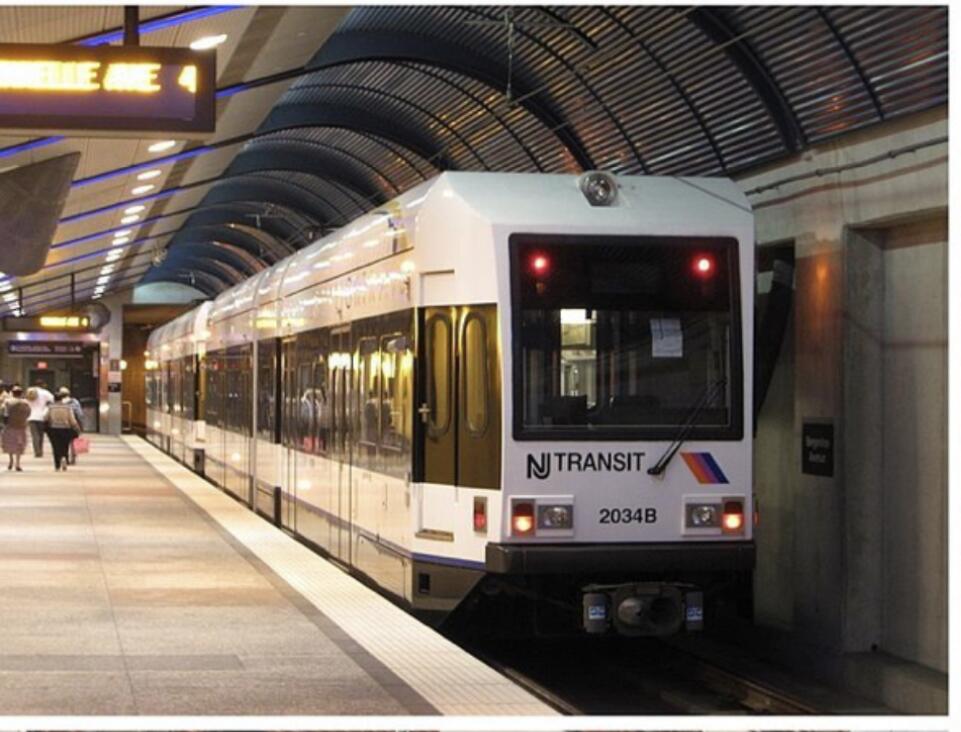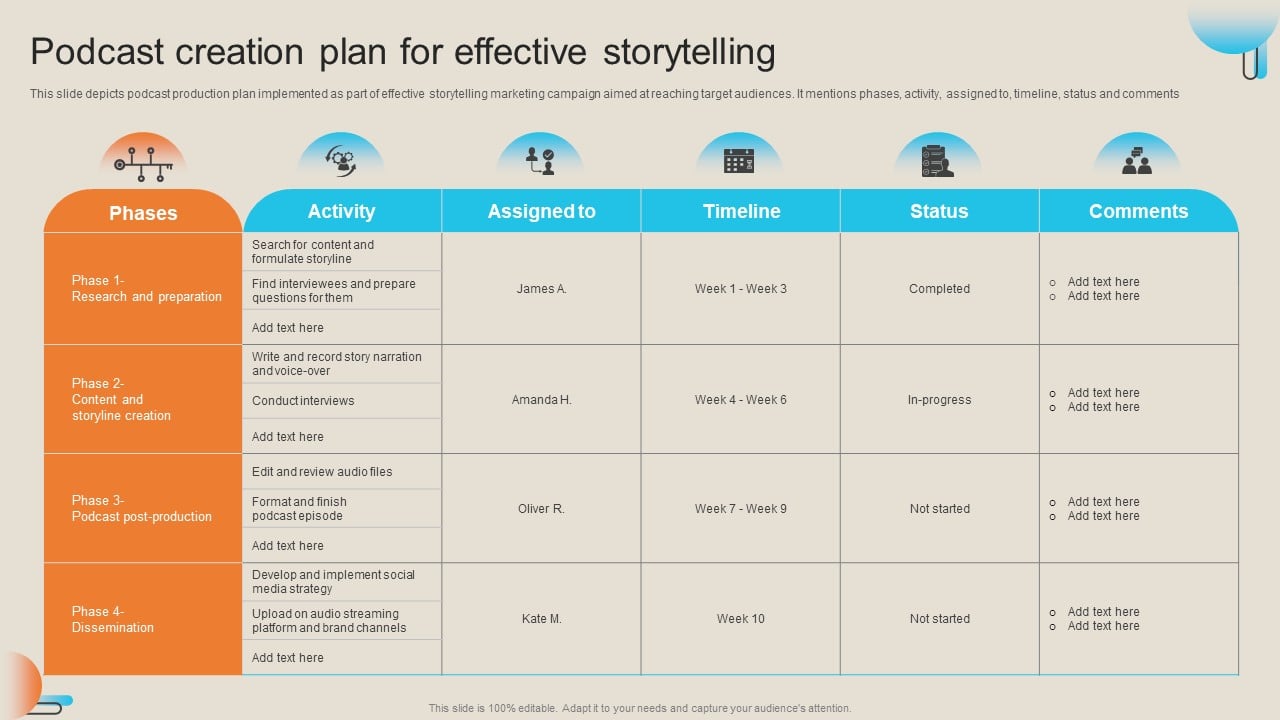Settlement Reached: NJ Transit Averts Further Transit Disruptions

Table of Contents
Key Terms of the NJ Transit Settlement Agreement
The NJ Transit Settlement represents a significant compromise between NJ Transit management and its unions, addressing long-standing concerns about staffing, infrastructure, and service reliability. The core components of the agreement aim to improve the commuter experience and ensure the long-term financial stability of the agency.
- Employee Concessions: The settlement includes a modified work rule agreement, leading to increased operational efficiency and cost savings for NJ Transit. This involved adjustments to overtime policies and scheduling flexibility, a key point in the previous NJ Transit labor dispute.
- Infrastructure Investment: The NJ Transit Settlement includes a significant financial commitment of $500 million towards critical infrastructure upgrades. This investment in NJ Transit infrastructure will focus on improving aging track, signal systems, and rolling stock.
- Service Improvements: The agreement commits NJ Transit to enhancing service frequency on key lines and implementing technology improvements to enhance real-time information for commuters. This directly addresses past concerns about the reliability and predictability of NJ Transit service improvements.
The NJ Transit Settlement also addresses some outstanding pension and healthcare issues, ensuring fiscal responsibility for the agency while protecting employee benefits. The overall financial implications are projected to result in a balanced budget for the coming fiscal year and long-term cost savings.
Impact on NJ Transit Commuters
The positive effects of the NJ Transit Settlement on daily commuters are substantial and wide-ranging. The agreement promises a much-improved commuting experience for hundreds of thousands of New Jersey residents.
- Reduced Delays: Improved infrastructure and operational efficiencies will lead to significantly fewer delays and cancellations.
- Increased Service Frequency: Commuters can expect more frequent train and bus services on heavily used routes, improving overall accessibility.
- Improved Reliability: The enhanced reliability of the system will reduce travel times and offer greater predictability for daily commutes.
- More Accessible Transportation Options: The settlement includes provisions to improve accessibility for passengers with disabilities.
While the NJ Transit Settlement is a positive step, some minor service adjustments are expected during the transition period as NJ Transit implements the changes outlined in the agreement. However, the long-term benefits far outweigh these temporary inconveniences.
Long-Term Implications for NJ Transit's Future
The NJ Transit Settlement has profound implications for the agency’s future operations and financial stability. This agreement sets a new precedent for labor relations and positions NJ Transit for improved service and efficiency in the years to come.
- Future Negotiations: The improved labor relations established by the settlement are expected to facilitate more constructive future negotiations, fostering a more collaborative environment.
- Infrastructure Modernization: The significant investment in NJ Transit infrastructure will modernize the system, improving its efficiency and reliability for decades to come. This includes planned upgrades to the signal system and the procurement of new, more energy-efficient rolling stock.
- Long-Term Planning: The settlement encourages long-term strategic planning, focusing on sustainability and the integration of new technologies to optimize service delivery.
The Role of State and Federal Governments
The State of New Jersey played a crucial role in mediating the negotiations, providing significant financial support and offering policy adjustments to facilitate the agreement. The federal government also played a supporting role, potentially by providing grants or loan guarantees for the infrastructure investment projects enabled by the NJ Transit Settlement. This combined commitment reflects a strong belief in the importance of a well-functioning NJ Transit for the economic vitality of the state.
Conclusion
The NJ Transit Settlement represents a significant victory for New Jersey commuters and signals a positive step towards a more reliable and efficient transit system. The agreement’s key provisions, outlined above, will undoubtedly lead to improvements in service, infrastructure, and overall passenger experience. While challenges may remain, this settlement provides a crucial foundation for the future of NJ Transit. Stay informed on the ongoing developments and the positive impact of the NJ Transit settlement by continuing to follow our updates. We will keep you informed about the implementation of the NJ Transit Settlement and its long-term effects on the region's transportation infrastructure.

Featured Posts
-
 The Goldbergs Exploring The Shows Enduring Popularity
May 21, 2025
The Goldbergs Exploring The Shows Enduring Popularity
May 21, 2025 -
 Jail Time For Antiques Roadshow Couple Unwitting National Treasure Crime
May 21, 2025
Jail Time For Antiques Roadshow Couple Unwitting National Treasure Crime
May 21, 2025 -
 World Trading Tournament Wtt Aimscaps Performance And Key Takeaways
May 21, 2025
World Trading Tournament Wtt Aimscaps Performance And Key Takeaways
May 21, 2025 -
 The Sound Perimeter Understanding Musics Collective Power
May 21, 2025
The Sound Perimeter Understanding Musics Collective Power
May 21, 2025 -
 Ai Driven Podcast Creation Processing Repetitive Scatological Documents
May 21, 2025
Ai Driven Podcast Creation Processing Repetitive Scatological Documents
May 21, 2025
